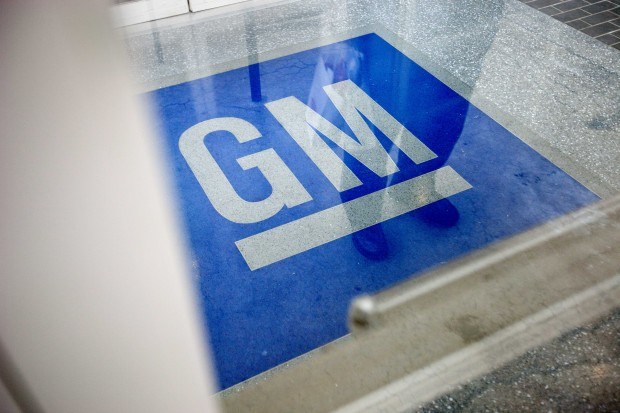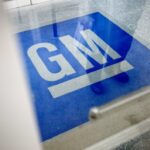General Motors Co on Wednesday launched an auto insurance program with the help of its OnStar subsidiary, joining a growing field of companies hoping to cash in on the vast amounts of data generated by increasingly automated and connected cars.
The new auto policy is aimed at tailoring insurance rates to consumers based on individual driving behavior and use of vehicle safety systems. This contrasts with criteria such as age, gender, neighborhood or credit score frequently considered by insurers, but heavily criticized by consumer advocacy groups.
GM said it will use data from its on-board concierge device OnStar, which connects drivers to human operators who help with navigation or emergencies, but also collects precise data on driving patterns, such as hard braking and acceleration.
Tesla Inc this year outlined plans for a similar insurance, but has yet to launch the offer. Ford Motor Co in March struck a deal with Allstate Corp to allow some customers to directly share usage data.
- Insurance policies sold through OnStar Insurance Services are underwritten and issued by member companies of American Family Mutual Insurance Co.
- Andrew Rose, GM’s vice president of insurance innovation, is the founder and former CEO and chairman of Compare.com (originally Comparenow.com), one of the first online insurance comparison shoppers. It is majority owned by the UK auto insurer Admiral Group.
- GM’s new insurance agency, OnStar Insurance Services, will be the exclusive agent for OnStar insurance. OnStar Insurance Services is a licensed agency domiciled in Arizona and has its principal place of business at GM in Detroit.
- OnStar Insurance Services plans to provide customers with personalized vehicle care and promote safer driving habits. Its OnStar Smart Driver feature will provide proactive recommendations so customers can drive more safely and potentially earn discounts.
Use-based auto insurance, often referred to as telematics, has been available for several years, but in the past required consumers to download a mobile app or plug a data recorder into the car. U.S. demand for telematics surged during the pandemic as Americans drove significantly less, according to data from research firm J.D. Power.
“We’re not the only (carmaker) out there with connected vehicles, but we have more data than the rest of the industry combined,” said Andrew Rose, GM’s vice president of insurance innovation.
The company’s OnStar insurance offer will initially roll out in Arizona and focus on braking, acceleration and general usage data.
GM aims to eventually expand to other states and include more sophisticated data, including vehicle tire pressure or how frequently drivers engage advanced assistance systems, such as blind spot detection, lane keeping and automated braking.
The company also hopes the system can eventually order vehicle replacement parts automatically after a crash to reduce repair time and costs.
Rose acknowledged the company would have to overcome regulatory hurdles with state insurance commissions, who have yet to approve the use of more granular data to calculate rates.
“But I think we can explain…there’s nothing fairer than deriving a rate based on how you drive,” Rose said.





















 10 Do’s and Don’ts of a Smart ORSA Report
10 Do’s and Don’ts of a Smart ORSA Report  Focus on Ski Guides After Deadly California Avalanche Could Lead to Criminal Charges, Civil Suits
Focus on Ski Guides After Deadly California Avalanche Could Lead to Criminal Charges, Civil Suits  High Court Ruling on Trump Tariffs to ‘Ease Uncertainty,’ Says AM Best
High Court Ruling on Trump Tariffs to ‘Ease Uncertainty,’ Says AM Best  Large Scale Cargo Ring Busted in LA, $5M Recovered
Large Scale Cargo Ring Busted in LA, $5M Recovered 









